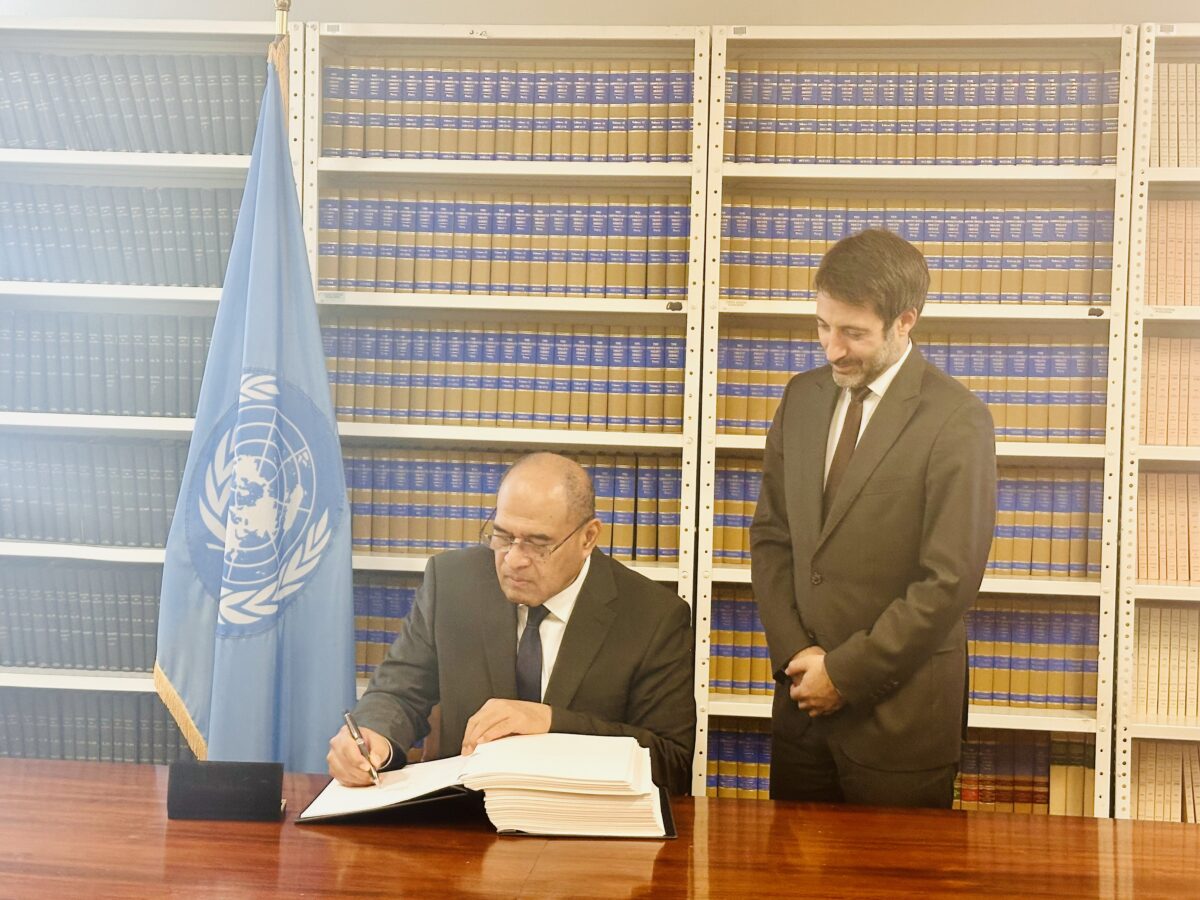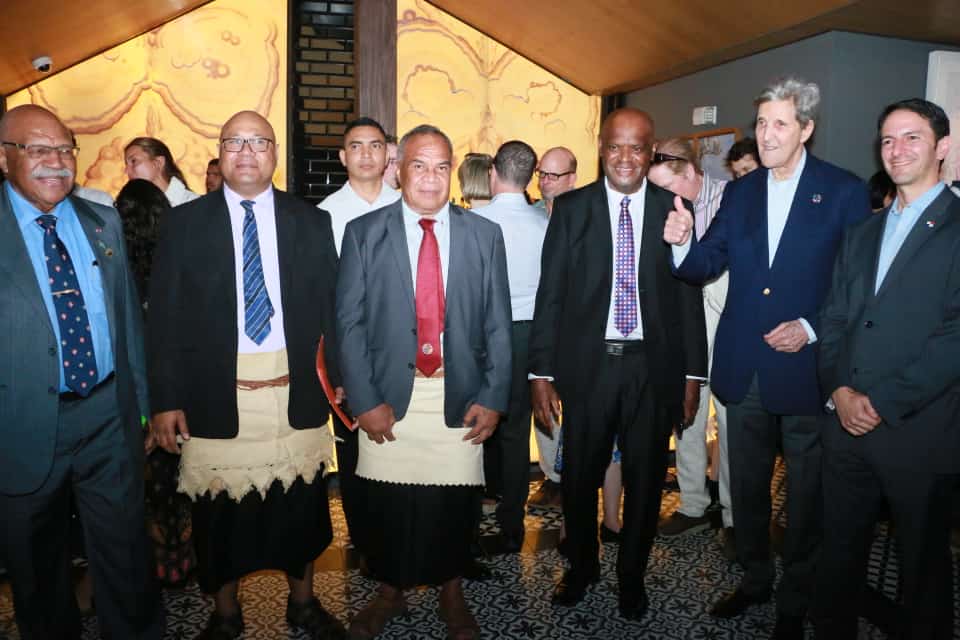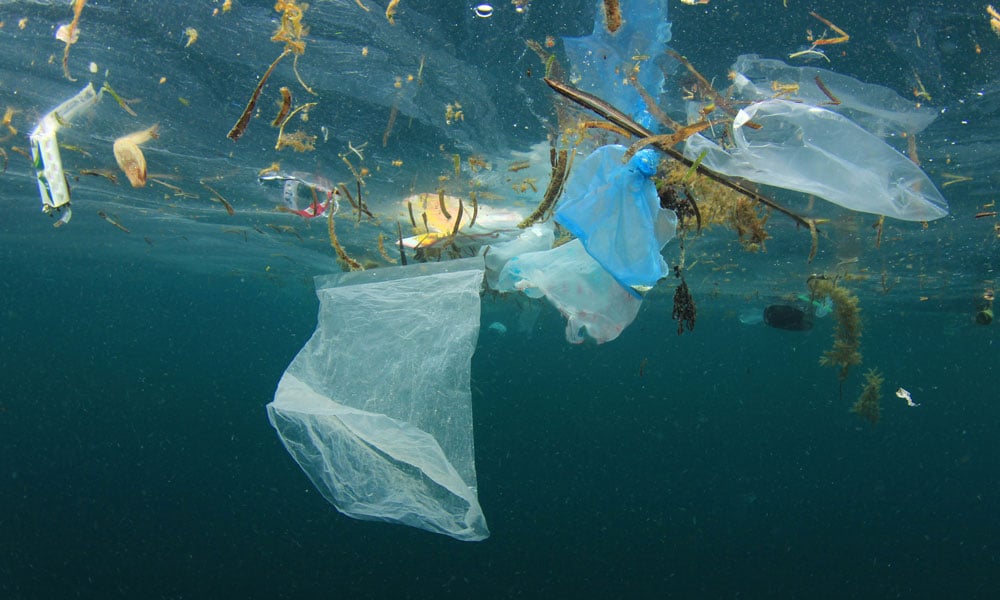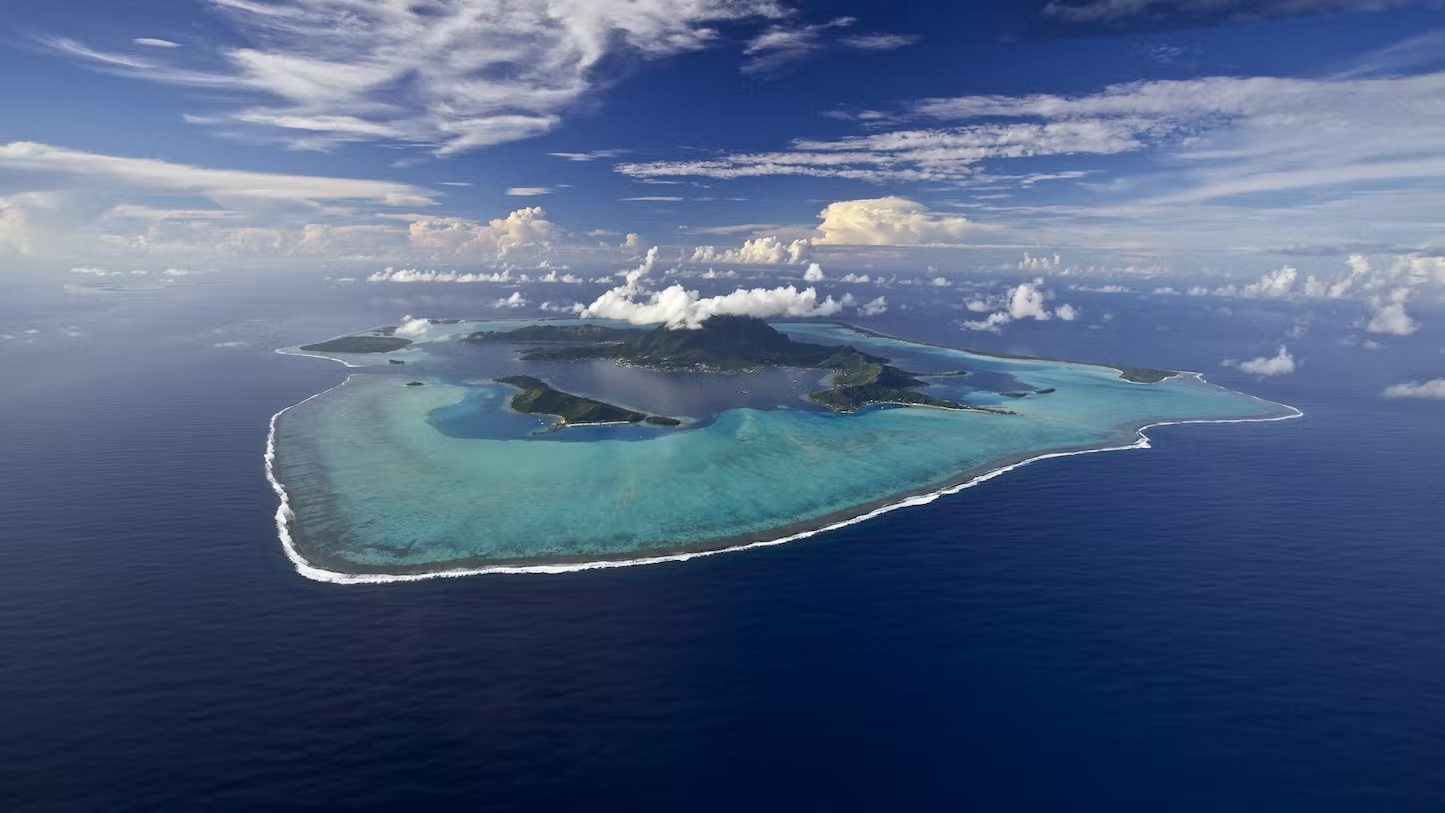The Kingdom of Tonga officially becomes the 85th United Nations State Party to sign the UN High Seas Treaty (Biodiversity Beyond National Jurisdiction (BBNJ treaty) in the move to protect two-thirds of our ocean.
Representing the Government of Tonga, its Permanent Representative to the United Nations, Va’inga Tone, on Friday, 26 January 2024 penned the agreement in the presence of David Nanopoulos, Chief of the Treaty Section at the UN Office of Legal Affairs.
The BBNJ Agreement adopted on 19 June 2023 in New York, establishes a framework for creating large-scale marine protected areas in the high seas. This facilitates the achievement of the target to effectively conserve and manage 30 percent of land and sea by 2030, which was agreed in December 2022 within the Kunming-Montreal Global Biodiversity Framework.
The agreement plays a crucial role in protecting the ocean, promoting equity and fairness, addressing environmental degradation, fighting climate change, and preventing biodiversity loss in the high seas.
To date, 86 countries have signed the high seas treaty including 13 Pacific Island countries – Australia, Cook Islands, Fiji, Marshall Islands, Federated States of Micronesia, Nauru, New Zealand, Palau, Samoa, Solomon Islands, Tonga, Tuvalu and Vanuatu.
Uruguay signed the Treaty on Monday, 29 January 2024 after the Pacific Island kingdom initialled in New York.
According to Chapter XXI of the United Nations Law of the Sea, “this Agreement shall enter into force 120 days after the date of deposit of the sixtieth instrument of ratification, approval, acceptance or accession”.
On Monday, 22 January 2024, Palau became the first UN member state to ratify the treaty. The agreement requires ratification by 59 other countries to enter into force and become international law.




